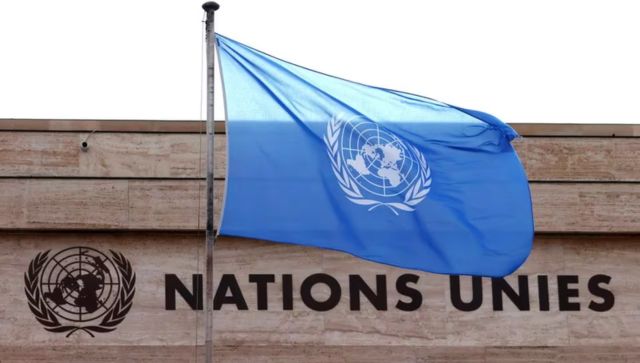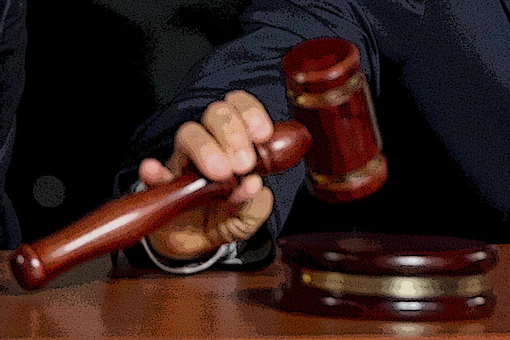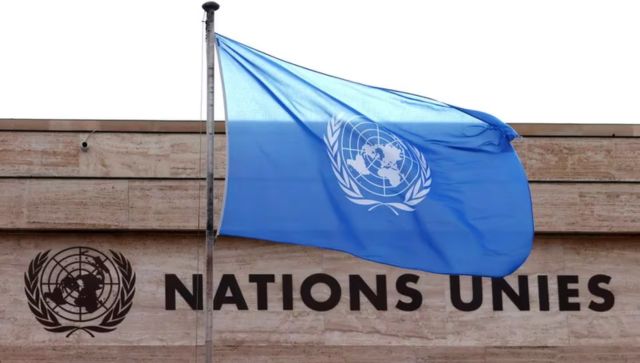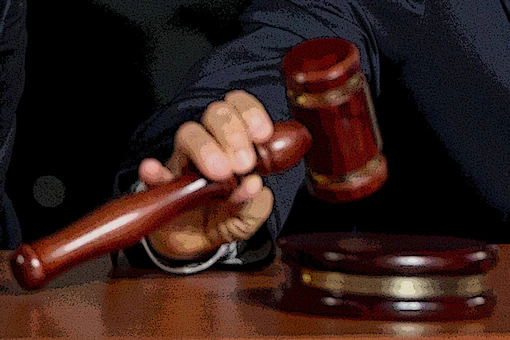With the hanging of 25-year-old Pakistani terrorist Mohammed Ajmal Amir Kasab at Pune’s Yerawada Jail on Wednesday morning, India has made a distinct departure from its long-standing preference for life over death on the issue of capital punishment.
Even though more than 300 convicts are on death row, this is only the second execution that the country has witnessed in the last 17 years, and the first one in eight years after security guard Dhananjoy Chatterjee was executed on 14 August 2004 at Alipore Central Jail in Kolkata.
The executions of three of the four assassins of Prime Minister Rajiv Gandhi- Murugan, Santhan and Perarivalan; that of Afzal Guru, convicted for his role in the attack on Parliament in December 2001 and Babbar Khalsa terrorist Balwant Singh Rajaona — have been pending controversially. The reasons are political compulsions and calculations more than anything else.
The sole-surviving terrorist from the 26 November 2008 terror attack in Mumbai, in which 166 persons were killed, Kasab’s death sentence was upheld by the Supreme Court on 29 August and approved by President Pranab Mukherjee on 5 November.
In spite of the overwhelming demand for Kasab’s summary execution from the moment he was in the custody of the Mumbai police, a small but determined and fearless group of persons in the country had been opposing the dominant sentiment for a death penalty for Kasab.
This group, which includes eminent persons such as senior Supreme Court (SC) counsel Colin Gonsalves, former SC justices AK Ganguly and KT Thomas, advocate Vinay Naidoo and former chief justice of the Delhi High Court Rajendra Sachar, has been arguing consistently for upholding life over death and for joining the league of nations who have abolished the death penalty.
Drawing references from the writings of Mahatma Gandhi, BR Ambedkar and the leader of the anti-Emergency movement, Jayprakash Narayan, Justice Sachar claimed that all of them were against the death penalty.
Although the movement for the abolition of capital punishment in India is rather small, yet differing opinions on this sensitive issue have not been missed out by perceptive observers. In its October 2011 edition, The Economist noted that given India’s progress towards a moratorium on capital punishment, the case of Ajmal Kasab’s death penalty is a “big test” for India and that “it would be a brave Indian who demands that he be spared.”
While nearly 140 countries have abolished the death penalty — most notably Ireland, which saw a spate of terror attacks from the Irish Republican Army — India, along with the United States, China and Japan, is among the 58 nations which uphold the death penalty.
However, with this second execution in the last 17 years, and more than 300 convicts on death row, India has been perceived as moving towards a moratorium on capital punishment. The sharp fall in state executions has been recognised as the first big step towards the abolition of the death penalty.
After the Supreme Court upheld Kasab’s death penalty in August 2012, eminent social activist Medha Patkar described the verdict as “unfortunate”. “I call it unfortunate because I do not support the concept of the death penalty. I believe that the state does not have the right to take anyone’s life, irrespective of the crimes committed,” she had said at a public event in Pune.
The death sentence of three of the four assassins of the Rajiv Gandhi continues to be pending over the last 11 years, even though it has been 21 years since Gandhi was assassinated on 21 May 1991 during an election rally at Sriperumpudur.
Following a humanitarian gesture by Gandhi’s widow Sonia, the death sentence of the fourth assassin, Nalini Murugan, was commuted to life imprisonment. The Madras High Court had fixed the date for the three executions for 9 September 2011, but this was stayed after eminent lawyers Ram Jethmalani, Colin Gonsalves and R Vaigal appealed for commutation to life in view of the inordinate delay in disposing of the mercy petition of the convicts.
Bowing to public pressure, Chief Minister J Jayalalithaa had also moved a resolution urging the President to commute the death sentences. Among the many petitions to the chief minister was the one from the Tamil Film Director’s Union which pointed out that globally about 130 nations had abolished the death penalty.
The number of executions in India fell drastically after the Supreme Court’s landmark verdict in 1982 in the Bachchan Singh vs State of Punjab case, which held that the death penalty should be applied in the “rarest of rare” cases.
In November 2011, Justice Ganguly described capital punishment as “barbaric” and “irresponsible” but legal, while speaking in his personal capacity at a law school. He said that even the “rarest of rare” doctrine was flawed because it is “a grey area as it depended on the interpretation of individual judges”.
On 28 February 2012, a Supreme Court bench comprising Justice AK Patnaik and Justice Swatanter Kumar elaborated its clear preference for life rather than death while commuting a death sentence awarded by a Bilaspur trial court to life imprisonment. The case related to four convicts who were held guilty of raping a married woman who died later. Justice Kumar emphatically observed that “the basic principle, stated repeatedly” by the Supreme Court, is that “life imprisonment is the rule and death penalty an exception.” (For full details, see www.legalblog.in/ _)._
At the same time, he justified the imposition of the death penalty citing various judgments of the SC such as the Dhanonjoy Chatterjee vs State of West Bengal (1994), in which a security guard was sentenced to death after he raped and murdered a young girl whose mother had complained against him of eve teasing.
As Justice Kumar explained, “In our opinion, the measure of punishment in a given case must depend upon the atrocity of the crime; the conduct of the criminal and the defenceless and unprotected state of the victim. Imposition of appropriate punishment is the manner in which the courts respond to society’s cry for justice against the criminals. Justice demands that courts should impose punishment befitting the crime so that the courts reflect public abhorrence of the crime. The courts must not only keep in view the rights of the criminal but also the rights of the victim of crime and the society at large while considering imposition of appropriate punishment.”
He explained that while deciding on the death penalty, the court seeks to draw a balance between the “aggravating circumstances” of the crime and the “mitigating circumstances”. While heinous crimes such as acts of terrorism, murder, rape, armed dacoity, and kidnapping would fall under aggravating circumstances, “mitigating circumstances” would include the manner and circumstances under which the offence was committed, extreme mental or emotional disturbance and extreme provocation. The age of the accused would be “a relevant consideration but not a determinative factor by itself”.
Kasab’s arguments for a review of the death sentence awarded by a trial court on 6 May 2010, and upheld by the Bombay High Court on 21 February 2011, tilted heavily in favour of the factors listed under “mitigating circumstances”. For example, senior advocate and amicus curie Raju Ramachandran, who argued the case on behalf of Kasab in the SC, cited his young age (21 at the time of the terror attack) as an important factor that had to be considered. Also, that he was not acting on his own but was under the influence of “skewed religious faith and false ideology”.
The prosecution lawyer Ujjwal Nikam has categorically stated that the terrorist should be awarded capital punishment as “This is the rarest of rare cases. He should not be entitled to any mercy.”
Internationally, Amnesty International is in the forefront in challenging the death penalty while calling it “the ultimate denial of human rights” and “the premeditated and cold-blooded killing of a human being by the state in the name of justice.”
According to Amnesty, in 2010, more than 2,000 people were executed in China, followed by 252-plus in Iran, 60-plus in North Korea, 53-plus in Yemen, 46 in USA and 27-plus in Saudi Arabia.


)




)
)
)
)
)
)
)
)